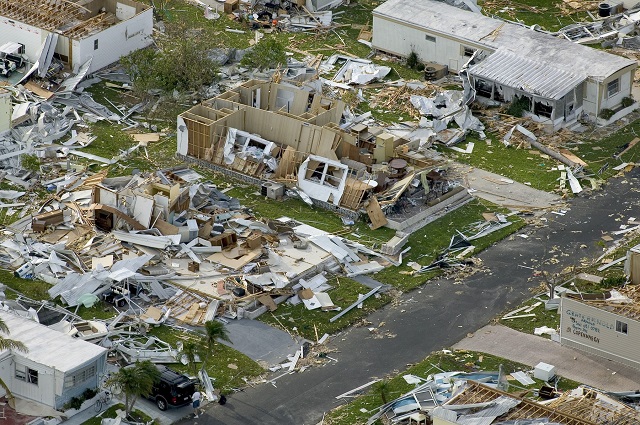News Story
(Below is a backup copy of the original article with as much credit to the publisher as well as the author that we can provide. By no means do we mean to violate any copyright laws. This page is appearing because someone indicated that the original story was unavailable.)

- 0 Agrees
- 980 Views
- 0 Comments
- 0 Shares
 If clicking the article title leads to
If clicking the article title leads to the original full story page...
'Zombie Deer Disease' May Soon Infect Humans, Scientists Fear
The name alone is enough to strike fear: “zombie deer disease.” Canadian researchers are warning that the condition, which is comparable to mad cow disease, could potentially start to infect humans that eat deer, elk, moose, or other animals that carry it.
Preliminary results from an ongoing study by the Health Products and Food Branch of Health Canada show that macaques, the primates most similar to humans that can be used in research, can catch the disease – known as “chronic wasting disease” (CWD) after regularly consuming infected meat, Business Insider reports.
Because of that, "the potential for CWD to be transmitted to humans cannot be excluded," Health Canada said in an advisory. "[T]he most prudent approach is to consider that CWD has the potential to infect humans."
Researchers first noticed this disease 50 years ago in Colorado. It has since spread to Canada, and neighboring states, including Wisconsin and Michigan.
It is similar to mad cow disease and is caused by the spread of misfolded proteins called prions. It is often progressive and usually fatal.
Mad cow disease became a problem after cattle ate bone meal from sheep with a neurodegenerative disease. Once the illness made its way into the human food supply, it eventually caused a similar condition in humans, called Creutzfeldt-Jakob Disease, which causes rapid brain deterioration.
Deer infected with CWD may not show signs of infection for years. But eventually it causes the animals to lose weight, stop interacting with other deer, lose their fear of humans, salivating more, and staring vacantly as it starves to death – hence the name "zombie deer disease.”
Home | Health News
Tags: zombie | deer | diesease
'Zombie Deer Disease' May Soon Infect Humans, Scientists Fear
Image: 'Zombie Deer Disease' May Soon Infect Humans, Scientists Fear
(Copyright Stock Photo Secrets)
Tuesday, 23 Jan 2018 11:34 AM
Short URL|
Email Article|
Comment|
Contact|
Print|
A A
Copy Shortlink
4
inShare
The name alone is enough to strike fear: “zombie deer disease.” Canadian researchers are warning that the condition, which is comparable to mad cow disease, could potentially start to infect humans that eat deer, elk, moose, or other animals that carry it.
Preliminary results from an ongoing study by the Health Products and Food Branch of Health Canada show that macaques, the primates most similar to humans that can be used in research, can catch the disease – known as “chronic wasting disease” (CWD) after regularly consuming infected meat, Business Insider reports.
Because of that, "the potential for CWD to be transmitted to humans cannot be excluded," Health Canada said in an advisory. "[T]he most prudent approach is to consider that CWD has the potential to infect humans."
Researchers first noticed this disease 50 years ago in Colorado. It has since spread to Canada, and neighboring states, including Wisconsin and Michigan.
It is similar to mad cow disease and is caused by the spread of misfolded proteins called prions. It is often progressive and usually fatal.
Mad cow disease became a problem after cattle ate bone meal from sheep with a neurodegenerative disease. Once the illness made its way into the human food supply, it eventually caused a similar condition in humans, called Creutzfeldt-Jakob Disease, which causes rapid brain deterioration.
Deer infected with CWD may not show signs of infection for years. But eventually it causes the animals to lose weight, stop interacting with other deer, lose their fear of humans, salivating more, and staring vacantly as it starves to death – hence the name "zombie deer disease.”
ADVERTISING
inRead invented by Teads
Immunologist Mark Zabel of Colorado State University told Colorado Public Radio that the relatively new condition may evolve rapidly, which "leads us to believe it’s only a matter of time before a prion emerges that can spread to humans."
For now, some experts recommend that hunters who harvest deer and elk in affected areas get a sample of their kill tested before eating the meat. If the test comes back positive, they recommend discarding it.